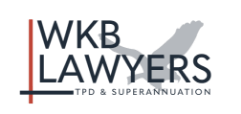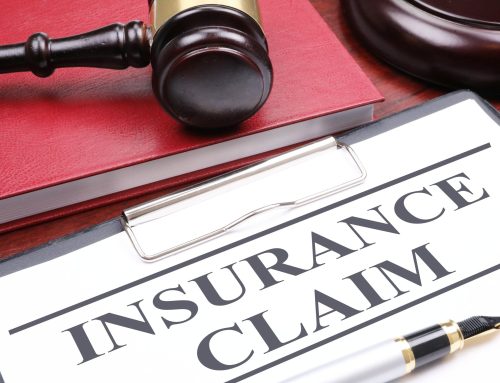PTSD and how we help first responders
Unfortunately, incidents of PTSD presenting in first responders such as ambulance, fire and rescue and other volunteer emergency personnel is a common occurrence. A condition also associated with ex-military personnel, PTSD is characterized by severe stress reactions that are a result of experiencing or witnessing traumatic events. Those affected may experience a variety of extreme emotions, including fear, anger, and grief. Sufferers of PTSD may also experience symptoms of depression, bipolar disorder, anxiety, or panic disorder.
Sadly, the mere risk of developing PTSD from first response work is simply innate. Over exposure to responding to events like natural disasters, accidents, or deliberate human acts causing or threatening to cause injury or loss of life are the everyday scenarios faced by these people and can lead to the development of severe stress reactions and consequential mental trauma.
It is the responsibility of your employer to take reasonable care to avoid a foreseeable risk of injury (physical or mental) to its employees. Realistically, employers should have measures in place to recognise both, signs of workplace stress and dysfunction in their employees. Additionally, properly implemented programs aimed at assisting employees in dealing with traumatic events they are exposed to should be utilised effectively. If your employer hasn’t managed to minimise the potential of a claim being brought against them by putting in place appropriate measures, then they have failed to discharge their legal obligation to you as an employee.
How we can help
Luckily, there are opportunities for those suffering from PTSD as a result of their work to get legal help. Even better, this is an area we have broad expertise in. Our experts will do their best to understand the toll taken on your mental and physical health while also remembering the difficulty you may have faced in asking for help. Ultimately, we want to help you understand that sometimes it is the helper who needs (and deserves) some help. It’s no secret that there has been a sharp increase in PTSD and we know that the community is becoming more aware of its prevalence, however we recognise that it is still in its infancy in terms of public awareness.
We can help you in navigating through the complexities of bringing a TPD claim. PTSD is a psychological injury and as a result, the process becomes more complex than a physical injury. More so, we will be glad to bear the burden that comes with bringing a claim in the somewhat adversarial claims system at a time when your mental health may be impeding your ability to enjoy your day-to-day life. Our team are first and foremost dedicated to assisting Queensland’s brave and dedicated workers who strive to protect our communities and who face the dangers associated with being first responders.
Support organisations who can help
There are several organisations dedicated to providing the necessary support for first responders suffering from PTSD before, during or after making their claim.
BeyondBlue – their “Good Practice Framework for mental health and wellbeing in first responder organisations” provides information about the range of programs and practices required to effectively promote the mental health of police and emergency services personnel and reduce suicide risk. Beyond Blue is contactable 24 hours a day, 7 days a week via telephone on 1300 224 636, through online chat, email and their online forums where people with experience of anxiety, depression and suicidal thoughts share tips and advice on what works during the tough times. You can find more information about BeyondBlue here.
Phoenix Australia – provides fact sheets and videos about trauma and works with high-risk organisations to implement initiatives that promote mental health. Further information can be accessed here.
Lifeline – a free, confidential, 24-hour telephone and online crisis support service.
Workers’ Psychological Support Service – the service helps minimise the impact of worker injury by connecting workers with community and social support services, including emergency accommodation, grief and loss support, financial counselling, and social inclusion programs. Workers have access to this service at any stage during the claim process.
SANE Australia – a national mental health charity working to support Australians affected by complex mental illness such as PTSD. Their work includes mental health awareness, online peer support and information, stigma reduction, specialist helpline support, research and advocacy. Factsheets and guides are also available here.


